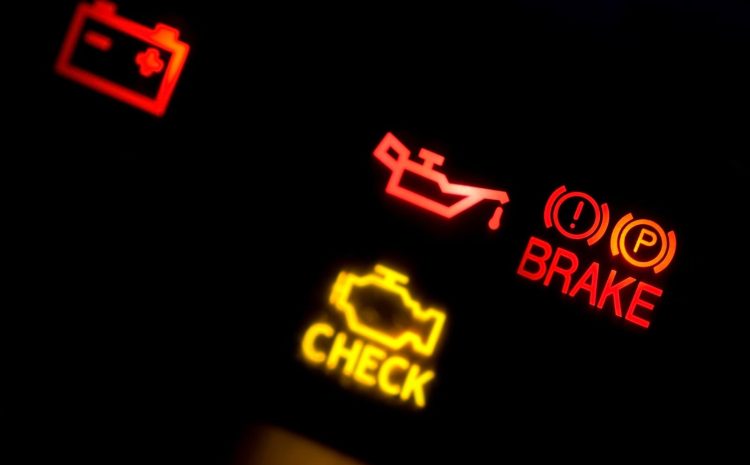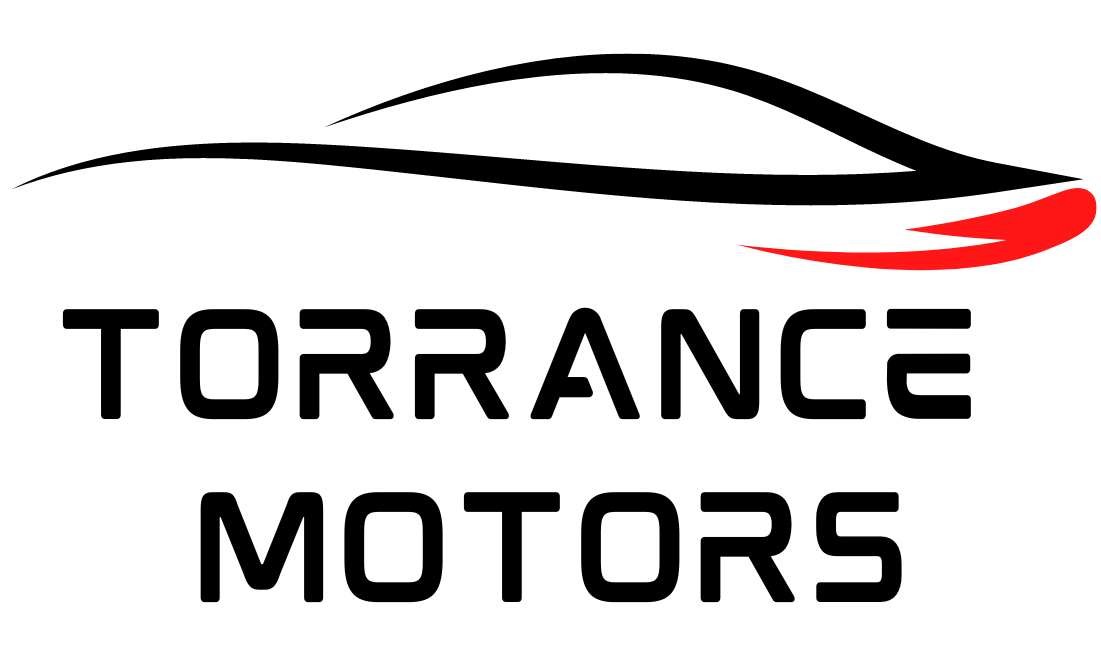
What is the Check Engine Light and how to fix it?
Have your Check Engine light tested for free at Torrance Motors to diagnose any issues and discover repair options for your vehicle.
The check engine light on a car can be a worrying sight for many drivers. Despite being an ominous red warning sign, it doesn’t necessarily indicate a major problem with the vehicle. The check engine light is designed to alert drivers to any potential issues that could be affecting their car’s performance or emissions levels. It is important that you act quickly if this warning light appears on the dashboard; the sooner any underlying issue is identified and resolved, the better it is for your car’s overall health.
But What Does It Mean?
When the check engine light illuminates in your vehicle, it means that your car’s onboard computer has detected an issue somewhere in its system. This can be anything from small issues such as loose gas caps to more serious problems such as failing sensors or catalytic converters. Generally speaking, these kinds of problems will not cause sudden breakdowns but they will impact how well your car runs and how much fuel it consumes over time.
How To Diagnose Check Engine Light Issues?
In order to diagnose what exactly is causing the check engine light to come on, your vehicle must be tested with an OBD (On-Board Diagnostics) scan tool. This device connects to a specific port inside your vehicle and reads data from its ECU (Engine Control Unit). The information gathered by this tool helps mechanics diagnose any issues that could be causing problems within the system, allowing them to find a solution quickly.
If you suspect there may be something wrong with your vehicle due to the check engine light coming on, it’s best to get it checked out by a mechanic as soon as possible in order to avoid more costly repairs further down the line. Ignoring or trying to reset the check engine light without having it properly looked into first can lead to bigger problems if not addressed right away.
Remember: when it comes to cars, prevention really is better than cure!

